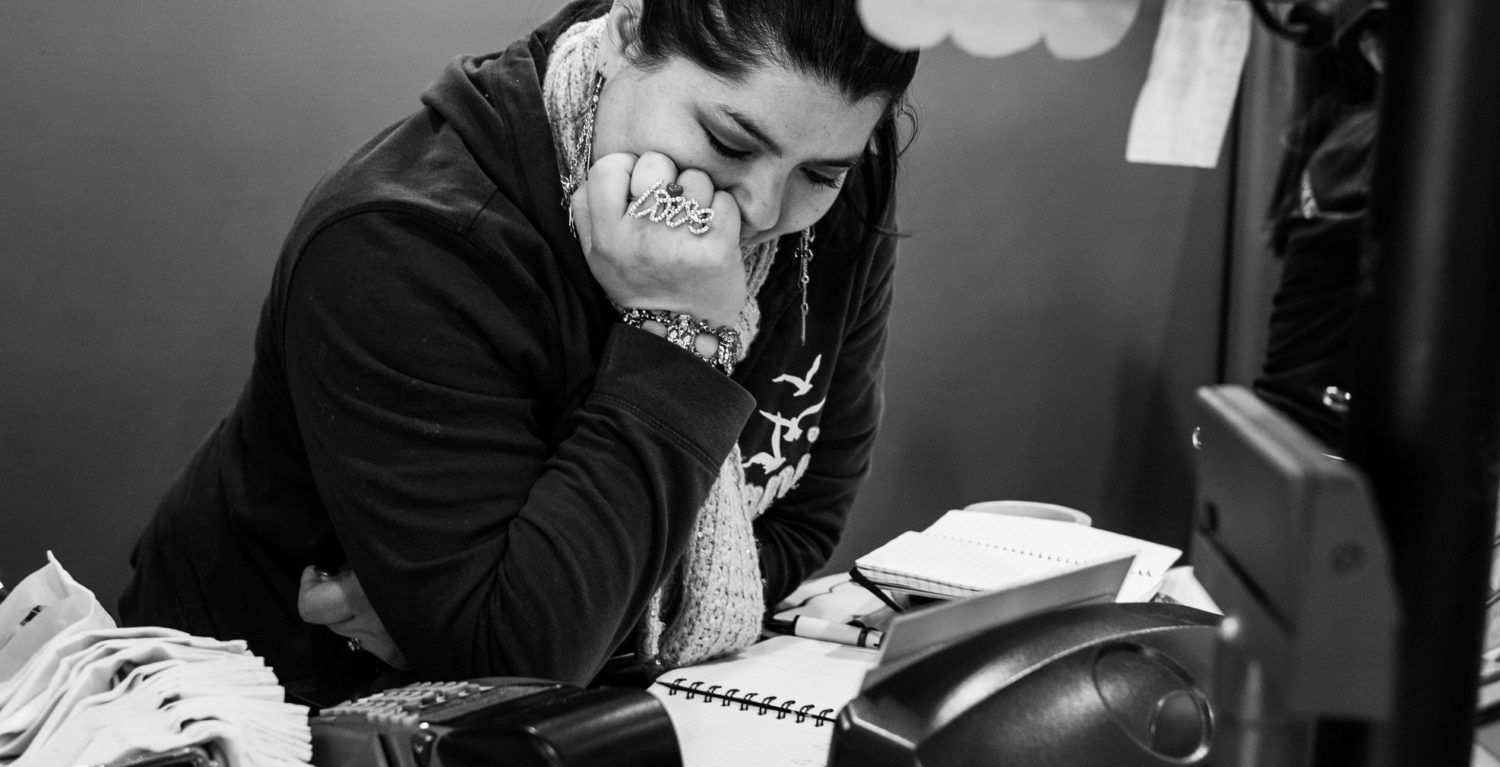Taking care of business
Labour is championing ideas that can support women in business, but we need a more coherent policy and a coordinated strategy to deliver results, argues Liz Hind.
Business, and therefore the economy, benefits greatly from variety. So, to be adaptable and responsive to local needs we need a business economy that incorporates as many different ideas as possible and encourages innovation. Small and medium enterprises (SMEs) are a business sector that can provide this variety and flexibility. SMEs are the backbone of the local economy and account for roughly 60 per cent of private sector employment in the UK and 52 per cent of private sector turnover.
Supporting and encouraging more women to start their own business provides the greatest opportunity for SMEs to grow and offer a rich business environment full of variety and innovation. Currently only around 19 per cent of businesses are owned and run by women. This is not because women do not want to work for themselves. Indeed, there has been a recent marked rise in female self-employment, both part time and full time. This rise could be due to more people going into self-employment because of necessity and insecure employment or it could be evidence that self-employment is becoming more viable and that people value the autonomy and flexibility. Whatever the reason, supporting women to found businesses, grow and employ others will bring huge benefits to them and the economy.
The policies to support small businesses in general, and the specific problems faced by women who would like to start a business are already at least partially incorporated into the Labour manifesto. Policies such as the National Education Service, regional investment banking and linking rents to local incomes, to name a few, would all have a positive effect on SMEs and women’s entrepreneurship and ability to work independently. However, these policies are dispersed through Labour’s manifesto and not explicitly linked and applied to business policy.
This is why Labour Business has set up a policy group to look into policies surrounding women in business. One of the issues that we are prioritising is encouraging and enabling women in SMEs so we can explore the many benefits this will bring for women and the economy as a whole.
Labour can easily shake off its anti-business image by showing how its policies support the core of UK business by drawing together its plans to support SMEs into one manifesto.
Labour’s strategy must not focus on ‘fixing’ women so that they act more like their male counterparts. The economic opportunity that increasing the number of women-owned SMEs offers is due to the differences, not despite them. We need to add to the uniqueness of our businesses by making sure that women’s ideas are allowed to flourish and thrive. We also cannot solely rely on initiatives that try to improve women in leadership as these are focused on getting more women into the corporate board room. A board room is remote for anyone thinking of setting up a business and employing their first employee. It is so remote that it is irrelevant.
Encouraging women into business requires a cultural change. Women are less likely to know someone who owns a business, so less likely to be able to ask questions about what it’s like and less likely to see the benefits. Starting out on your own is a scary prospect for anyone, the business world can seem opaque, full of red tape and regulations. Networking opportunities tend to be overwhelmingly male and white and off-putting and our images of entrepreneurs are mostly male. Women need localised, visible and easily accessible forms of support, networking and advice.
Access to finance is another major issue for women wishing to start a business. Studies show that an investor is less likely to fund a business proposal if they think that it comes from a woman. Men are 86 per cent more likely to be funded by venture capital and 56 per cent more likely to be supported by angel investors. Women tend to be funded more by debt finance because there is less awareness among women about alternative models and women feel less confident in giving a business pitch.
The opportunity to support women into business not only has positive outcomes for the economy, but also presents women with increased flexibility and control over their lives. However, with increased power and autonomy comes increased risk. Women report that they feel more responsible for the stability of their family finances and an increased obligation to make sure that payments such as the mortgage and childcare costs are met. This has been a barrier for women to enter into business and it is one that we must ensure is met by the state providing a strong safety net. Businesses take three years to mature, so financial support and benefits must be provided to the self-employed and small business owners. The self-employed must not be forced to work longer and longer hours to make up for a shortfall in income. A minimum income floor needs to be established.
Women deserve a coherent policy with a coordinated strategy to deliver it, it is not enough to approach this problem piecemeal. Changes in the way that women are employed and the discrimination that they face is damaging for the economy and is damaging for women looking for a future through setting up a business.
Photo credit: Susan Sermoneta

